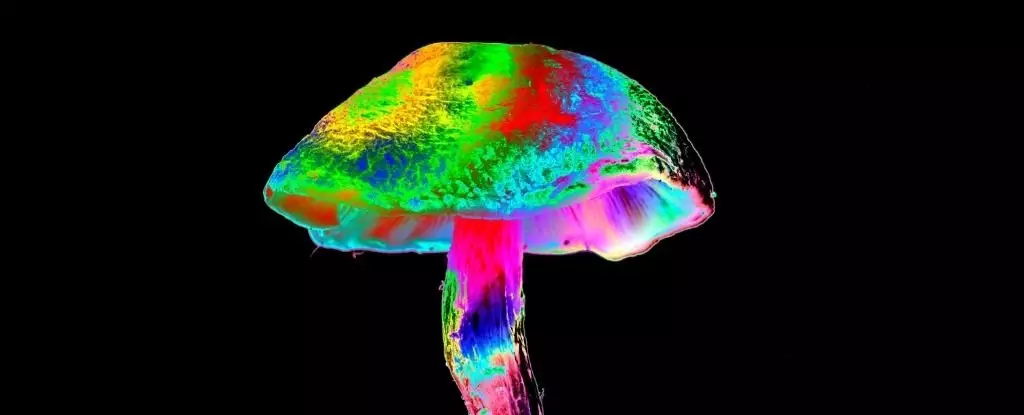In recent years, there has been a surge of interest in psychedelics, both from a scientific perspective and among the general public. These powerful substances have the ability to alter perception, mood, and various mental processes, making them intriguing candidates for treating a wide range of mental health disorders. However, when it comes to using psychedelics safely and effectively, it is crucial to understand how they interact with different mental health conditions, especially personality disorders.
A study conducted by researchers at Imperial College London delved into the complex relationship between psychedelics and mental health, shedding light on the potential risks for individuals with personality disorders. The study collected self-reported data from 807 individuals who had used psychedelics in various settings, ranging from recreational to therapeutic. The researchers measured the participants’ mental wellbeing before and after using psychedelics by utilizing the Warwick-Edinburgh mental wellbeing scale as a metric.
Despite the valuable insights gained from the study, it is essential to acknowledge its limitations. The reliance on self-reported data, a small participant pool, and a high dropout rate are factors that may have skewed the results. The absence of a control group for comparison and variations in the types and dosages of psychedelics used further complicate the findings. Additionally, grouping different personality disorders together might overlook the unique risks associated with each disorder.
Individuals with certain personality disorders may respond differently to psychedelics. For example, those with histrionic personality disorder or borderline personality disorder may experience heightened emotional instability while under the influence of psychedelics. On the other hand, individuals with schizotypal personality disorder may become more paranoid, and those with narcissistic personality disorder may struggle with the self-reflective nature of psychedelics.
While the study underscores the potential benefits of psychedelics for mental health, it stresses the importance of cautious screening for personality disorders before embarking on psychedelic therapy. A personalized approach to using psychedelics is essential, particularly for vulnerable individuals. As the field of psychedelic therapy continues to evolve, it is crucial to conduct more rigorous research, such as controlled trials comparing psychedelics to standard treatments or placebos. Professional evaluation of personality disorders and uniform dosages of psychedelics are also vital for ensuring safe and effective treatment outcomes.
The complex relationship between psychedelics and personality disorders demands a nuanced and comprehensive understanding. By addressing the limitations of existing research and adopting a more personalized and rigorous approach to psychedelic therapy, we can pave the way for safer and more effective treatment options for individuals with mental health conditions.

Leave a Reply